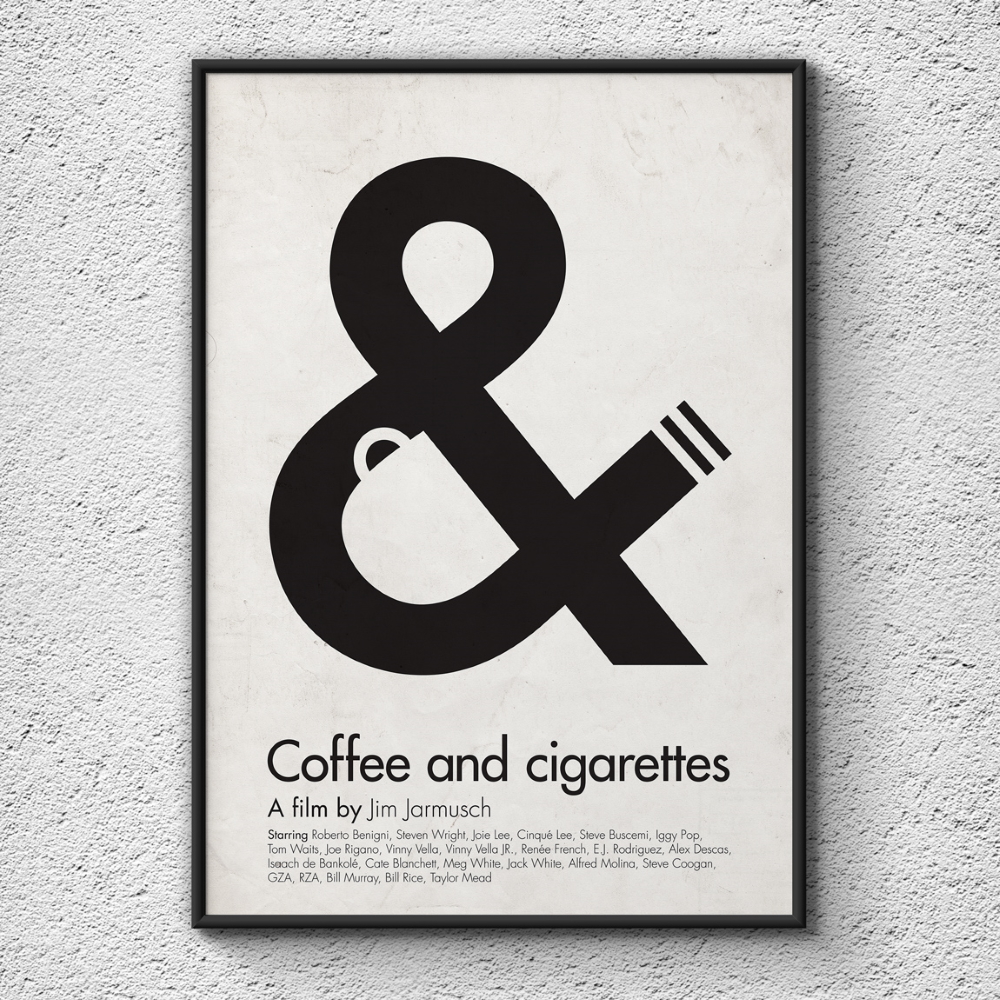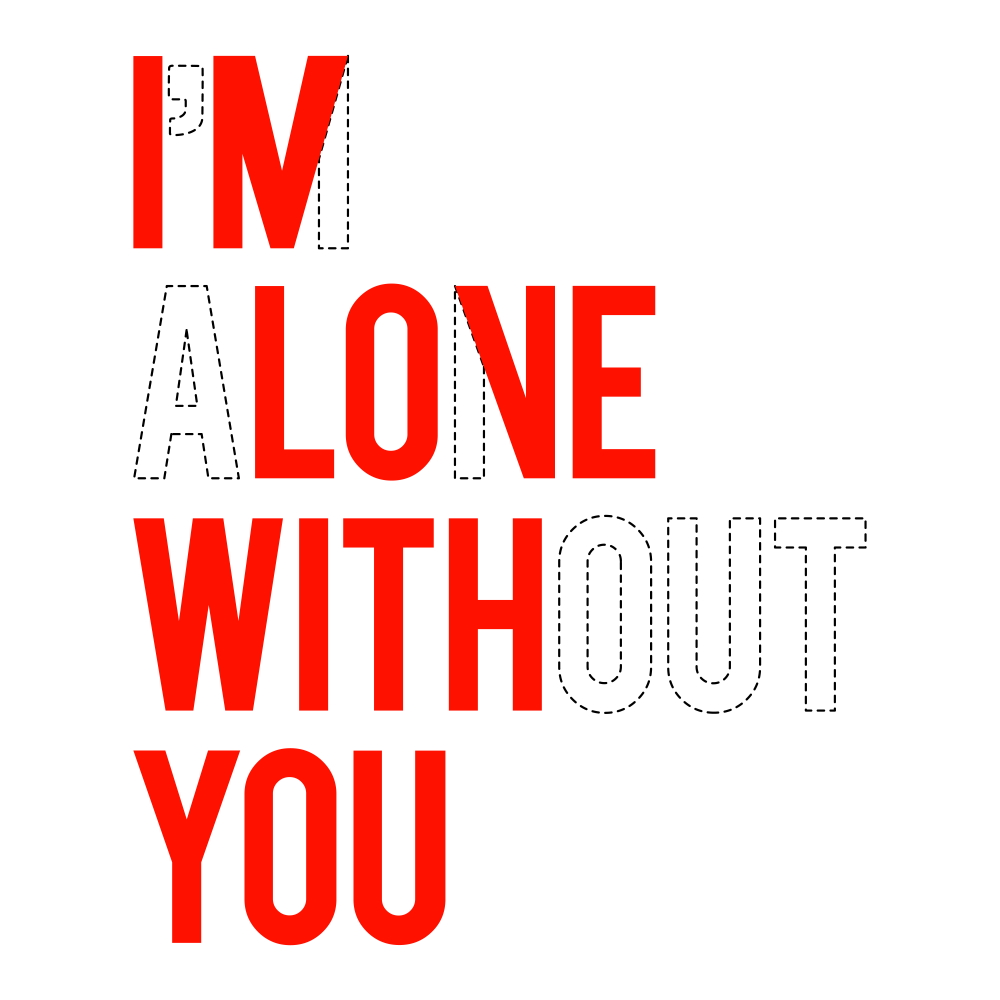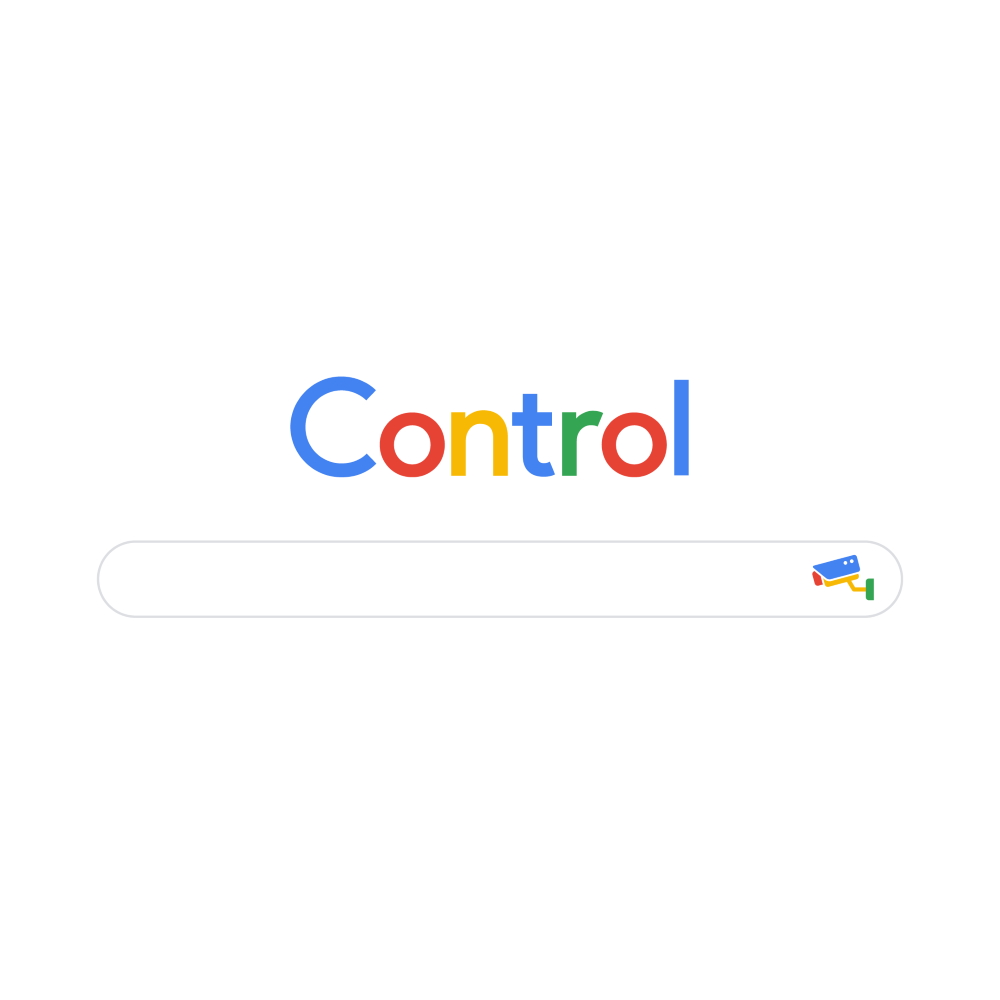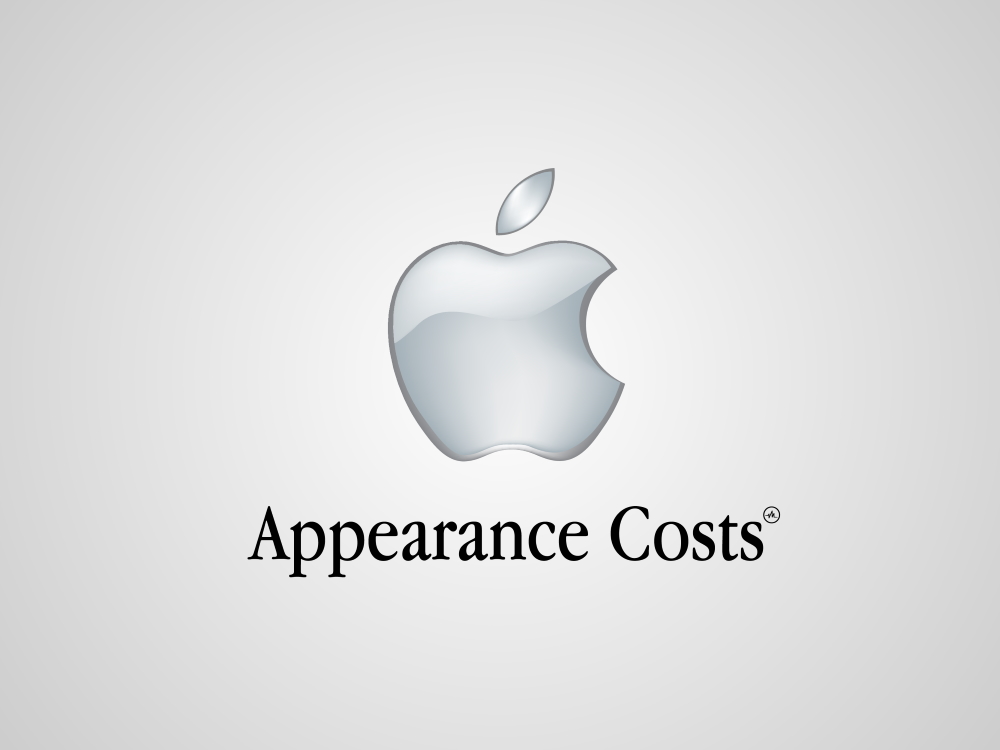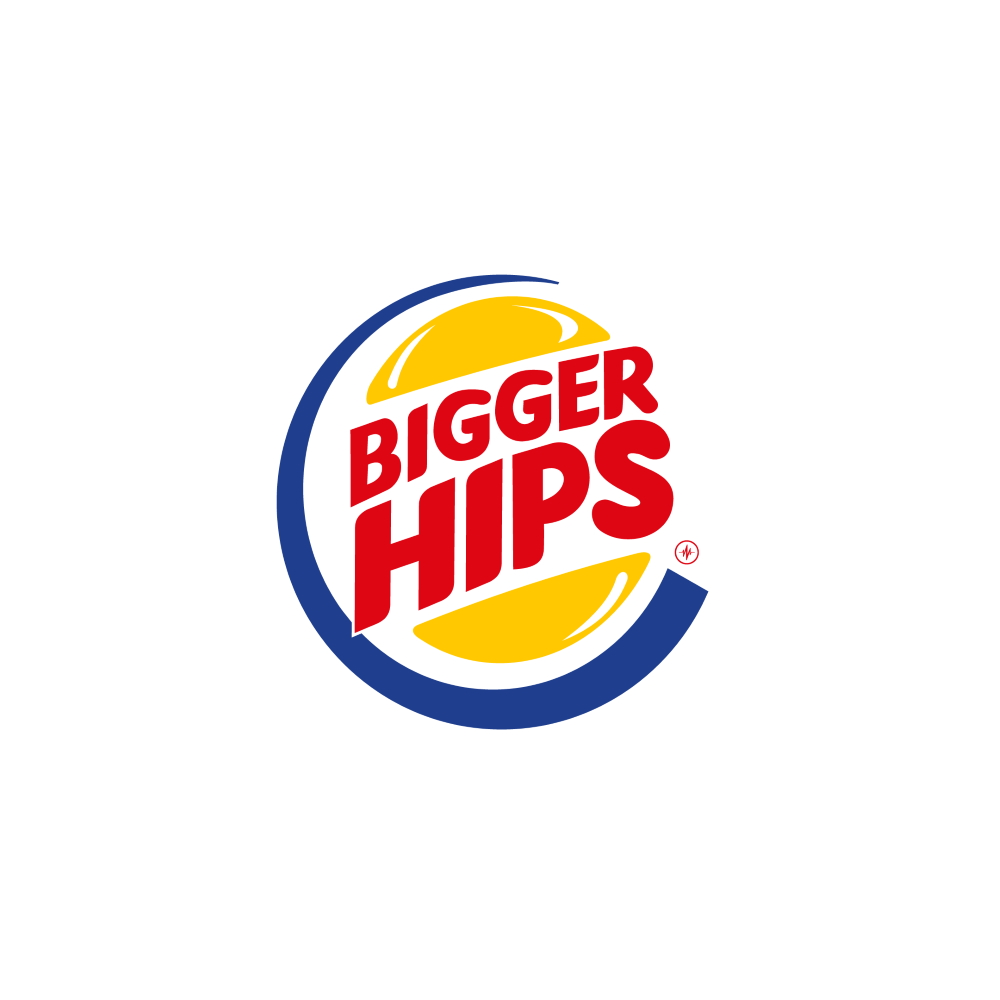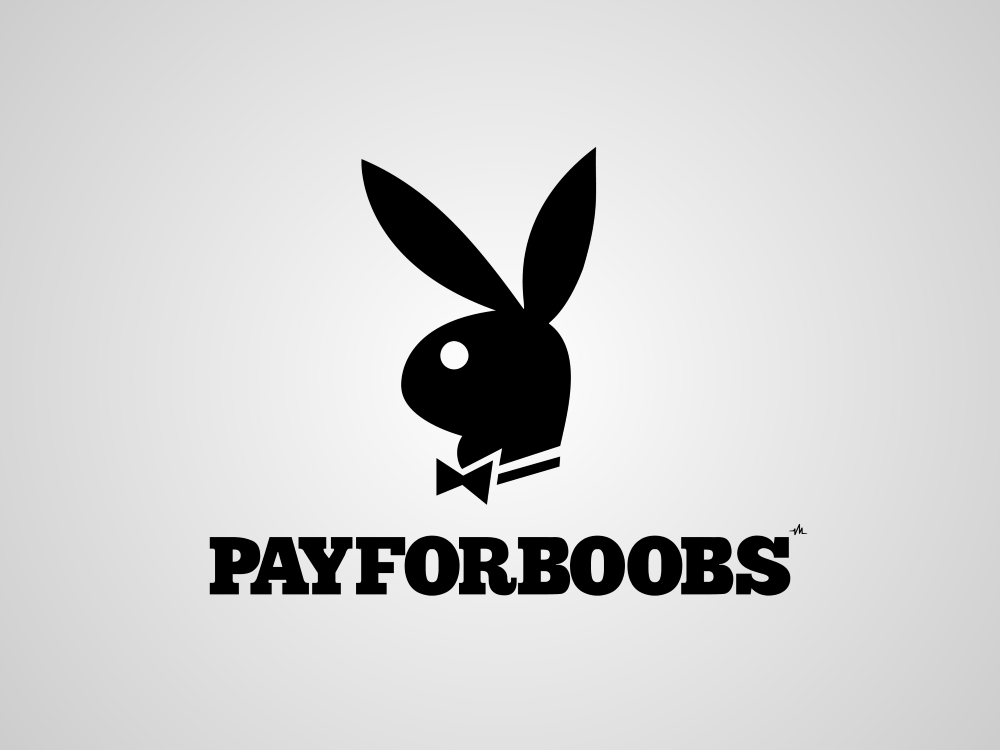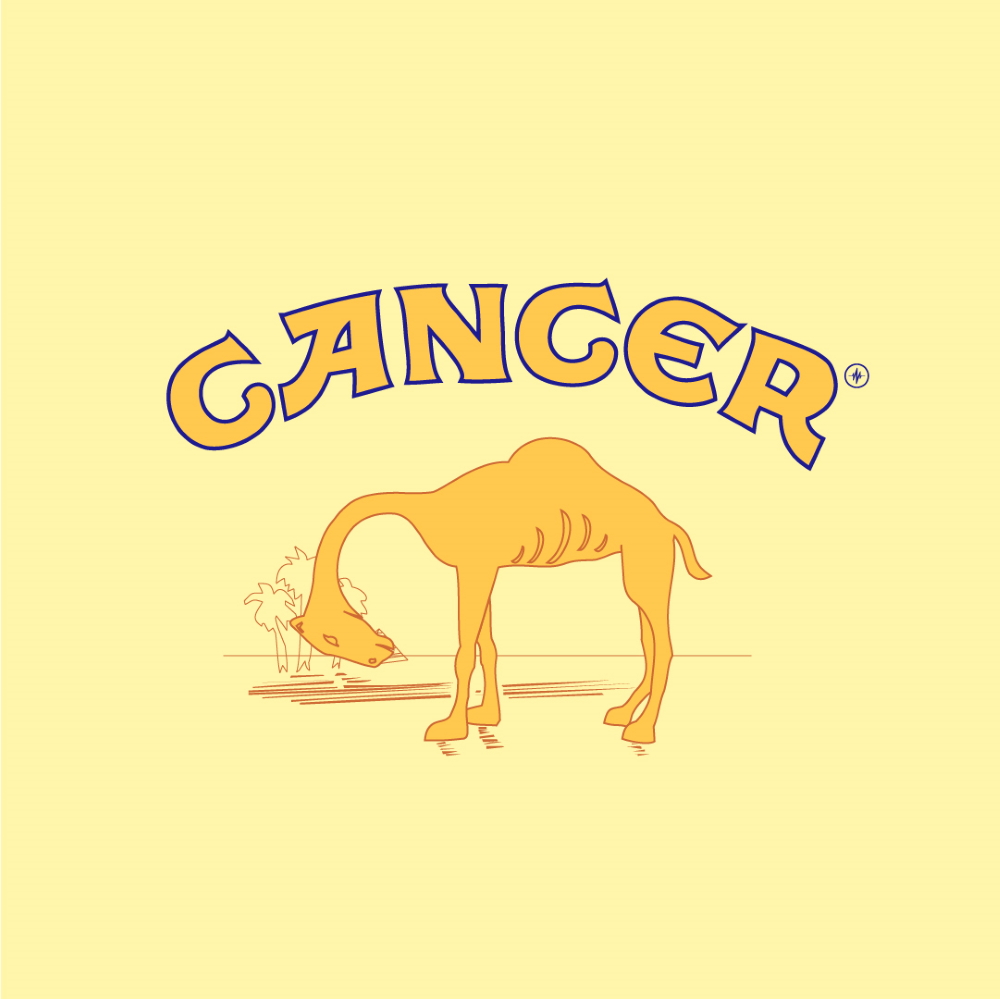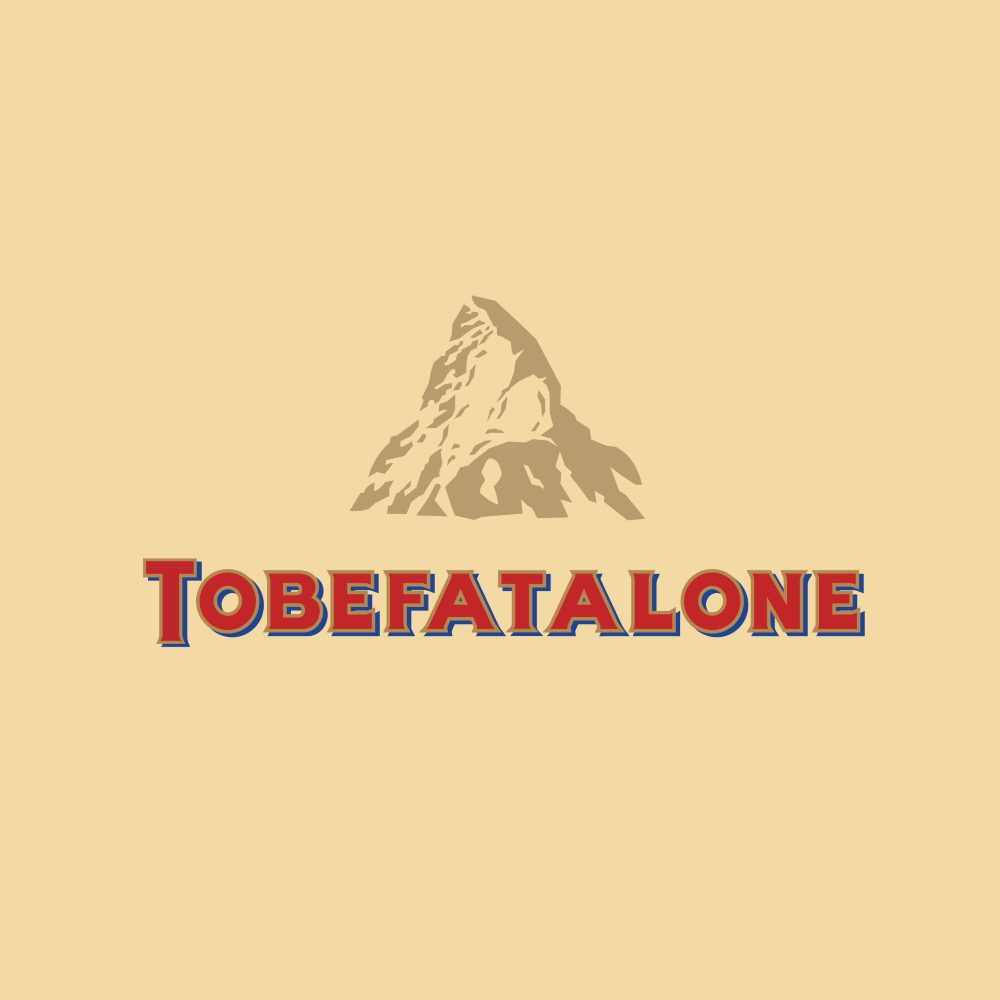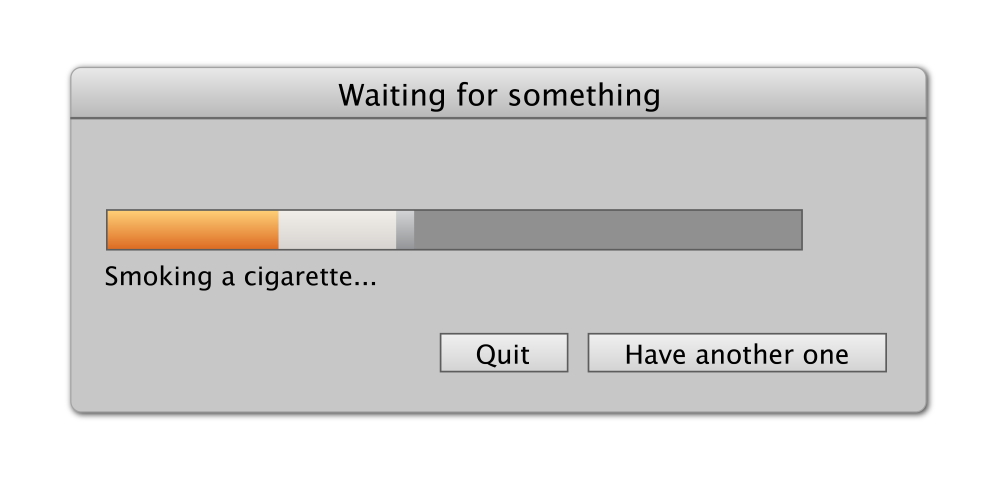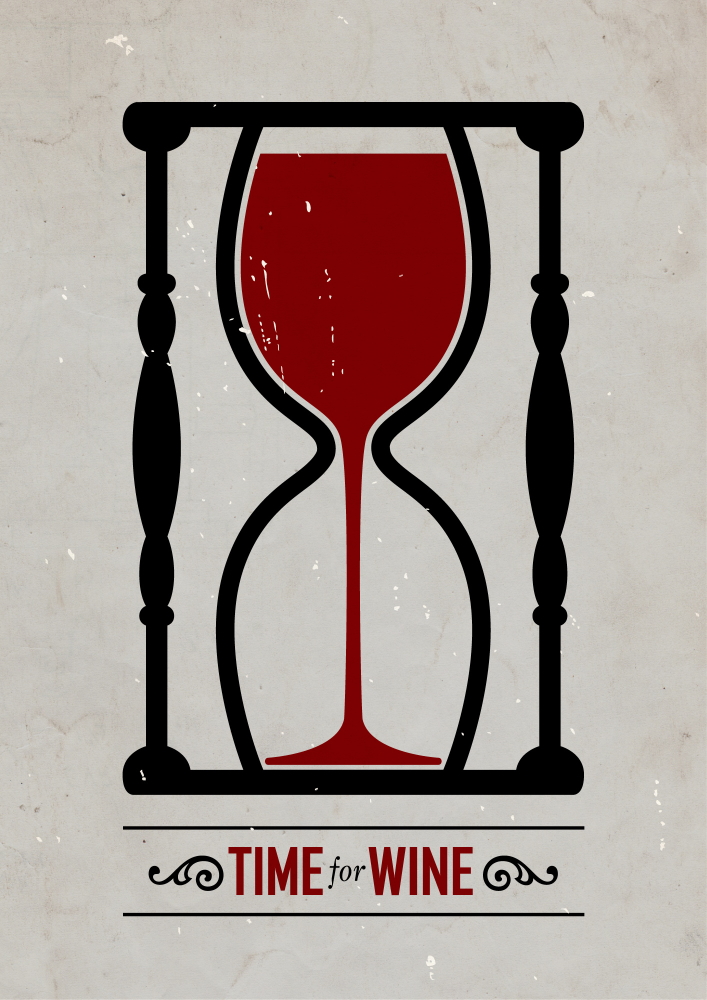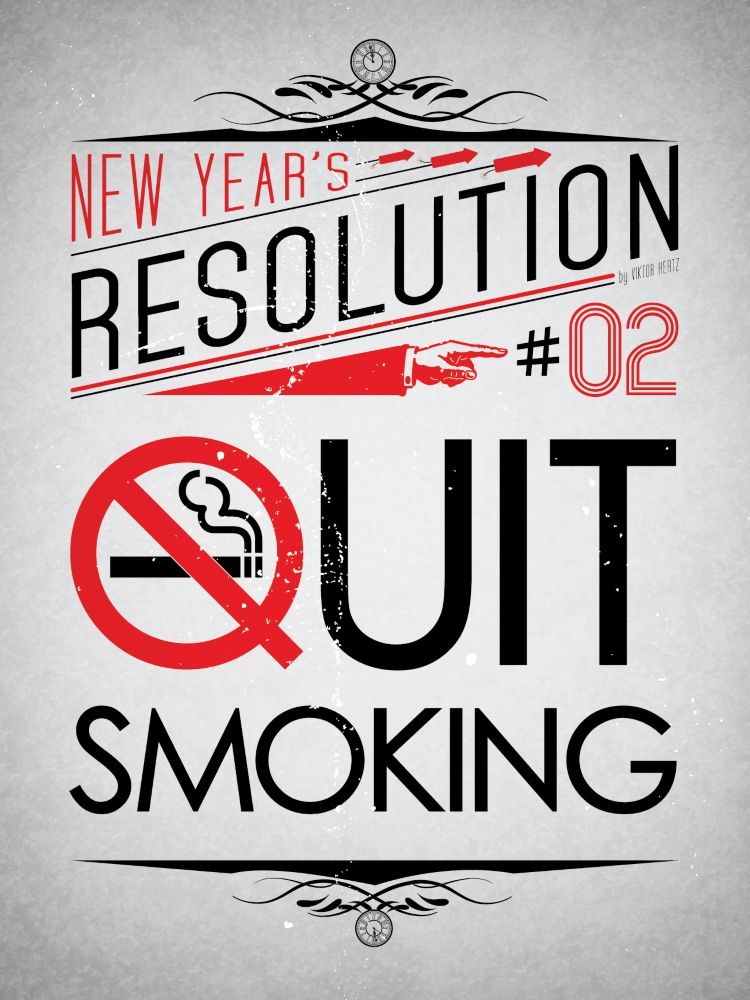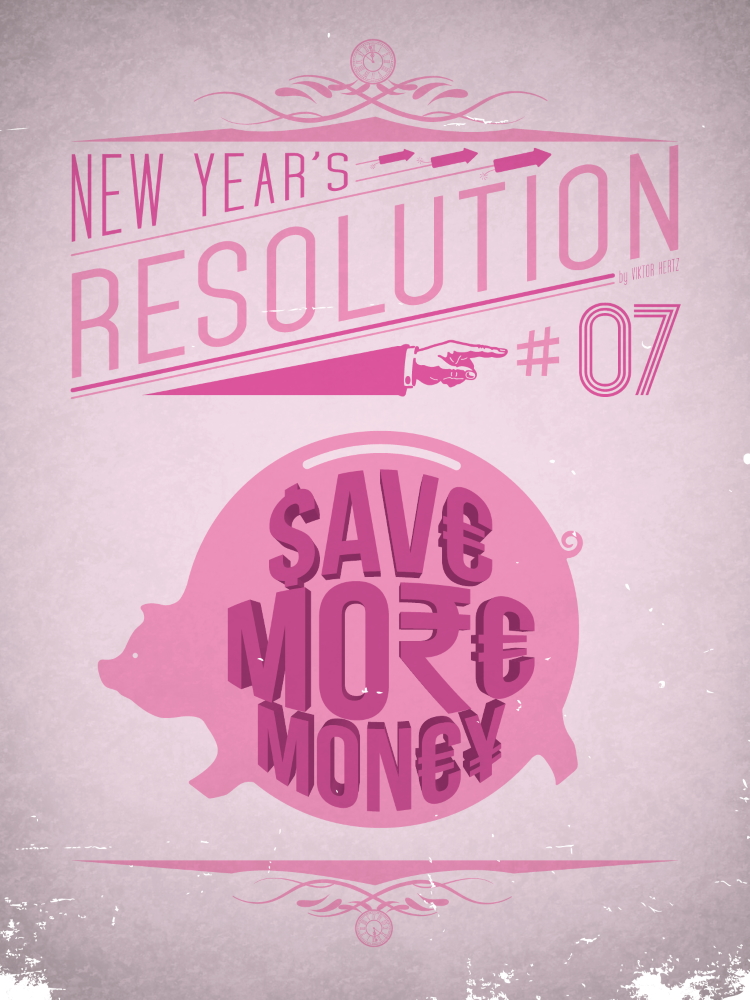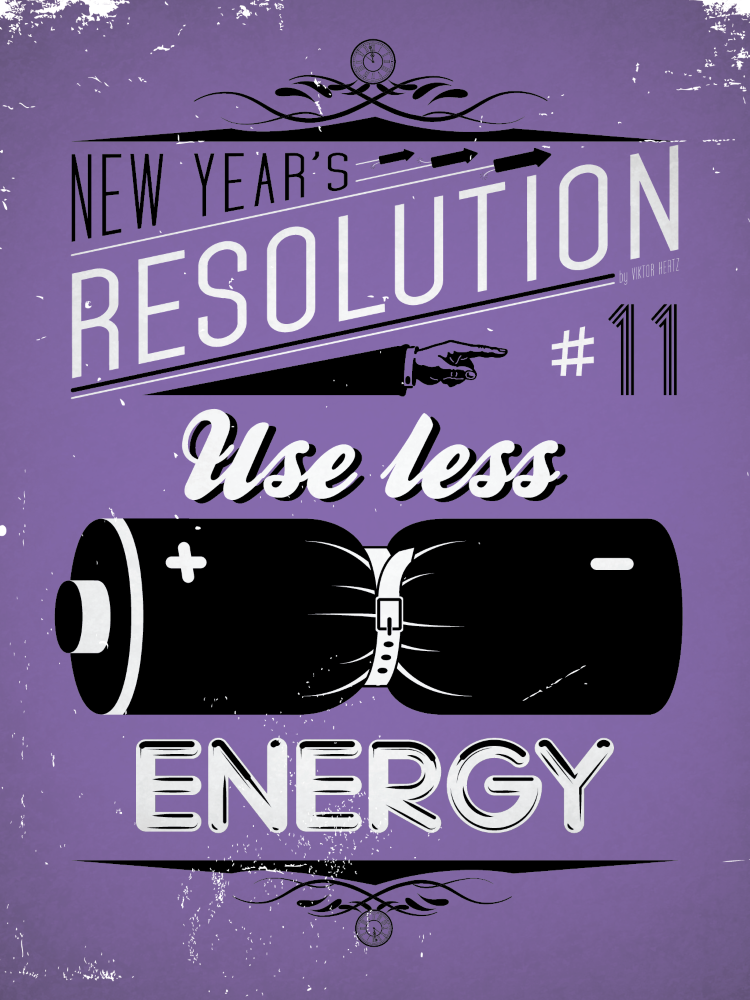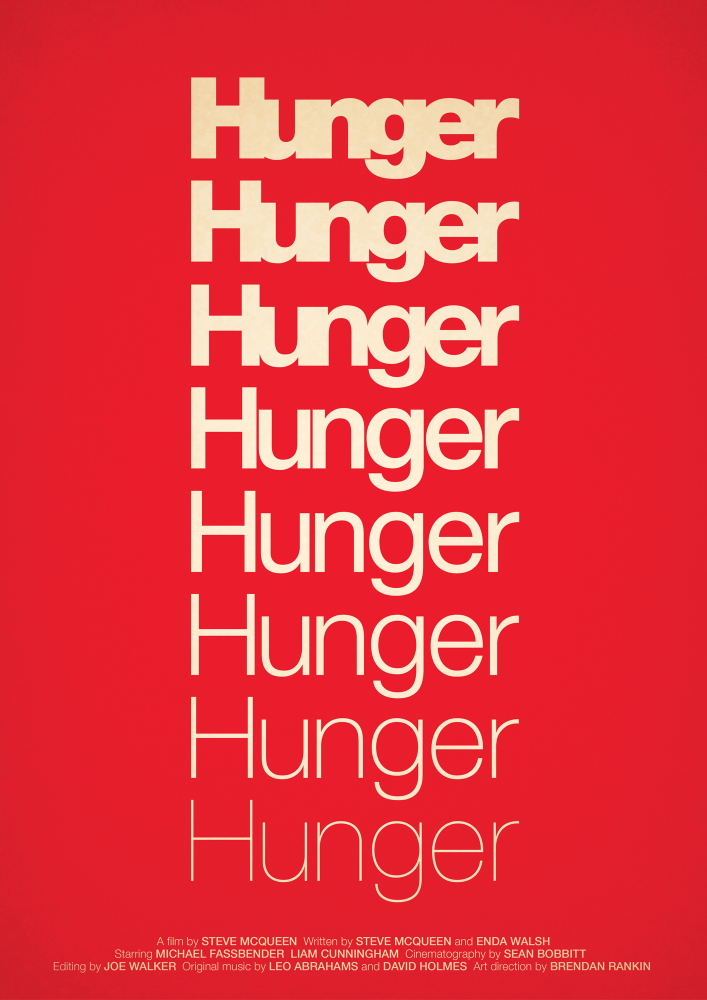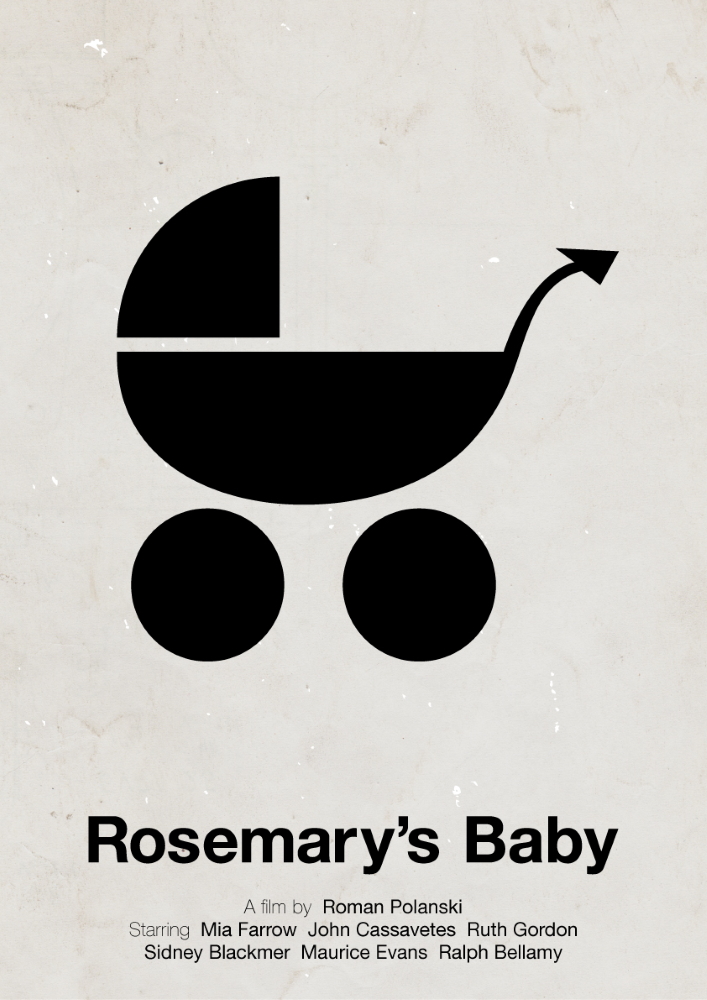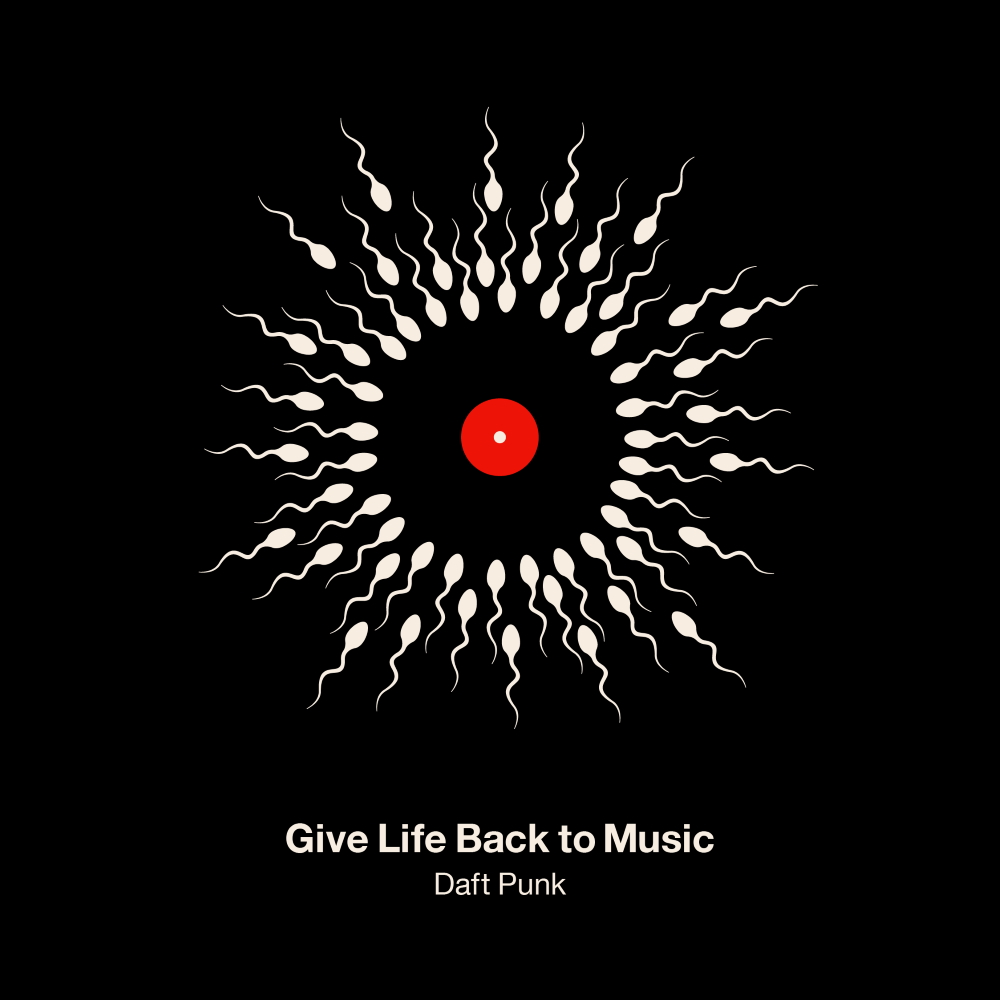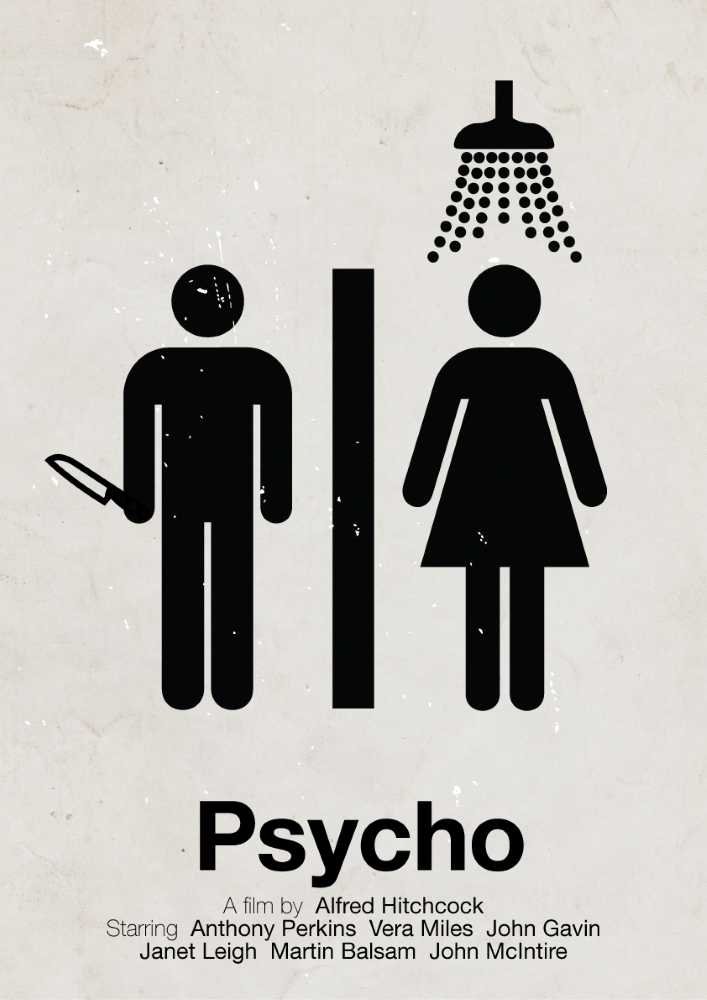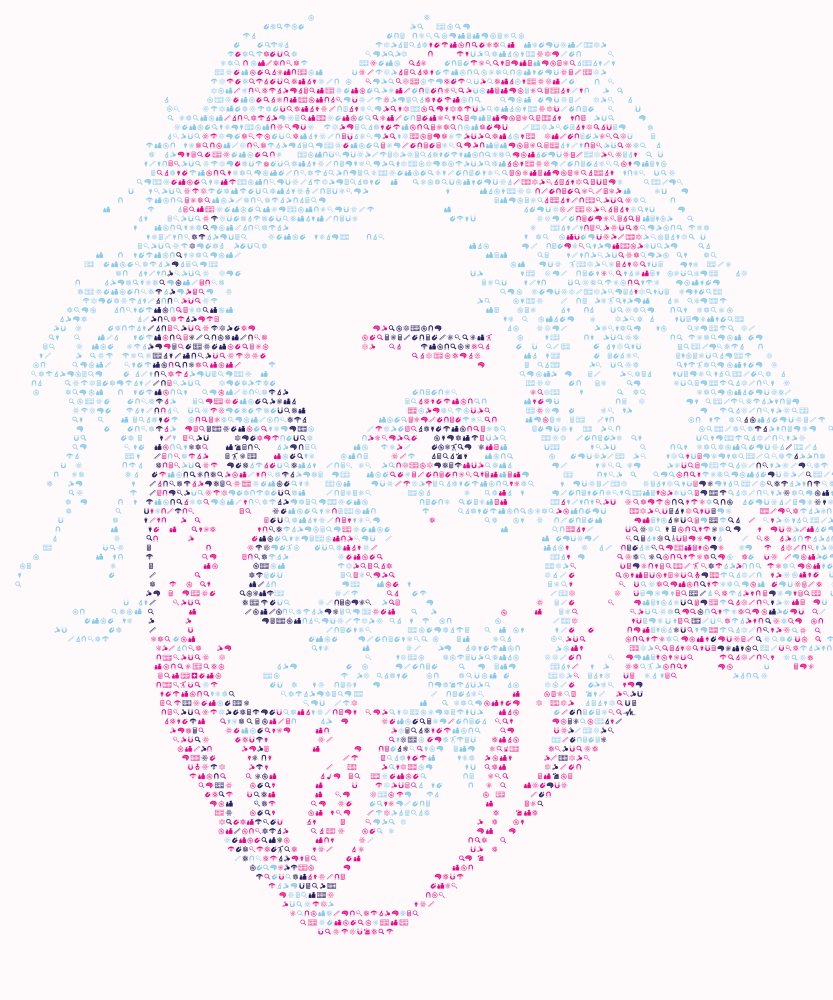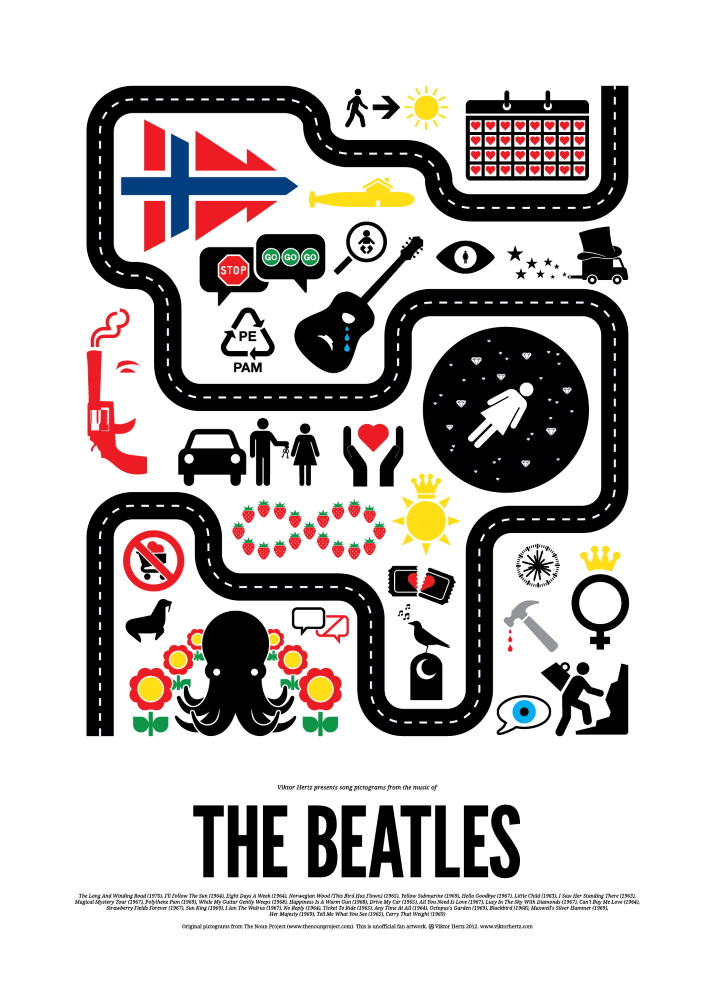Viktor Hertz
graphic designer / illustrator
Sweden
„In simplicity lies greatness perfection.“ The correctness of Leonardo da Vinci‘s saying is shown by, among other things, a pictogram. Such a single symbol or icon conveys its information through simplified graphic representation. To this global visual language that unites all people Viktor Hertz makes his contributions. But the creations of the Swede always show that special extra twist. “Viktor Hertz’s pictograms“, states The Huffington Post, „are clever illustrations packed with dark humor …”
Viktor Hertz
graphic designer / illustrator
Sweden
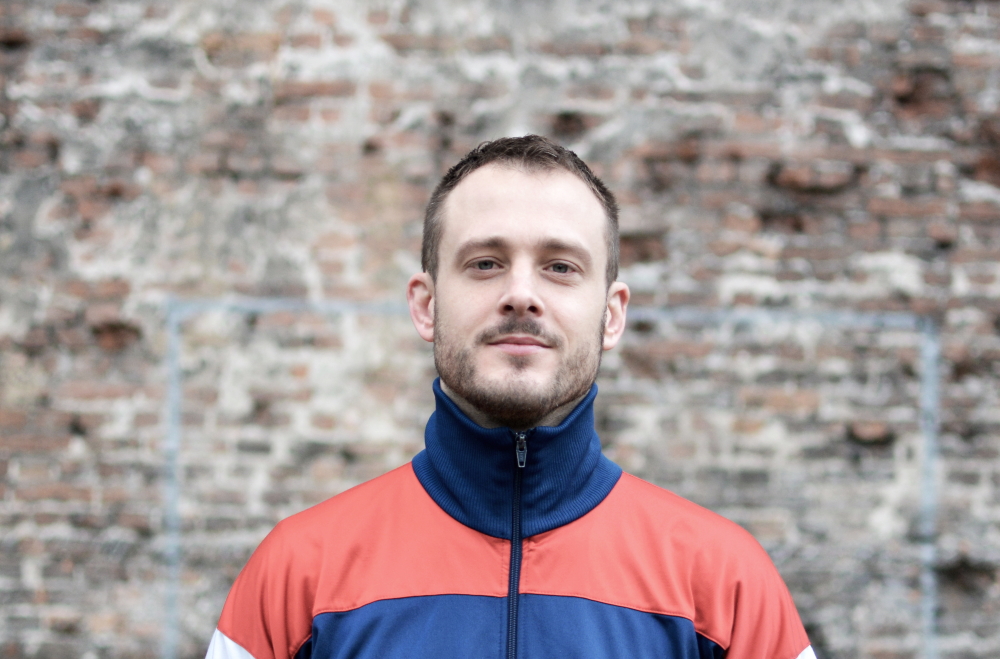
„Since I’ve never been really good at drawing in high school“, Viktor Hertz revealed in an interview with artfulclub.com, „I remember the satisfaction from being able to make perfect lines and really zoom in on details and get everything perfect.“ Seven years later and after having studied film music as well as cinema studies at Stockholm University from 2007 to 2009, he started playing around making ad busting parody logos and own movie posters. His project called ‚Pictogram movie posters‘ attracted attention on the Internet and in some print media – a publicity that gave the man from Uppsala (* 1983) the first paid freelance jobs and caused the start of his own business as a graphic designer in 2010. To broaden his technical skills the former self-taught artist took evening classes at Beckmans College of Design in Sweden’s capital for one year. Since then Viktor Hertz’s artwork that „often builds on previous, already existing symbols or shapes combined with something else and comes out completely different“ (artfulclub.com) has been featured in numerous worldwide exhibitions, magazines as well as books. By public demand the „slow-starter“ by self-description nowdays offers a wide selection of products that he has designed: t-shirts, stickers, posters, phone cards and even carpets. Besides all that Viktor Hertz started to write, direct and edit short films.
His clients are Christie’s, Greenpeace, IKEA, Ray-Ban and more.
Viktor Hertz lives and works in Stockholm (Sweden).
Interview October 2022
Less is more: global visual language enriched by dark humor
INTUITION/IMAGINATION
How does intuition present itself to you – in form of a suspicious impression, a spontaneous visualisation or whatever - maybe in dreams?
I guess it just comes spontaneously from looking at lots of different things, and then trying to come up with something funny to do with it. I like combining different concepts, shapes, words etc, and my brain is constantly “in the zone” for thinking about stuff like this (for better and worse hehe). I consume a lot of films and tv shows, listen to a lot of music, watch a lot of Youtube-videos, enjoy meeting people - every idea that comes to your mind is a result of your environment, I think it’s just a matter of thinking about stuff in a less obvious way. Anything can be anything, I often think, which probably means that you can transform anything you see into something new, with a new meaning or content. If I browse through Netflix or HBO, I think of creating absurd titles for made up tv shows with stock photos, for example. Or, when I walk the streets, I look at the signs and think about what to replace them with.
Will any ideas be written down immediately and archived?
Yes, I do write down my ideas as soon as they take form and I have a pretty large bank of them stored in different categorised documents on my Google Drive. It’s everything from images to VR games, and it’s quite fun (sometimes just embarrassing) to go back and see what I’ve written throughout all these years. I think it’s about 50-80 pages with text in total. It’s both comforting and stressful to have all these unfinished ideas in the back of your head, knowing that I will never have enough time to do them all. I’ve been thinking about just publishing them all in a book or something, before I die, so someone else can finish them at some point. If they are good enough, that is. Maybe they’ll fit on a pamphlet, after going through them and keep the good stuff.
?: How do you come up with good or extraordinary ideas?
I think the key to getting those little nuggets of gold is to have a lot of ideas and try out every possible version of each of those ideas. Out of 100 ideas, maybe 10 are good and just one is extraordinary. Most of the time, I feel that there is a perfect solution to every problem, idea or concept, you just have to look for it. Sometimes it takes a lot of time to find it, which can be frustrating, but when you finally discover that obvious answer and realize how to execute it, it's really the best feeling in the world. Except love, I guess. I think that's what drives me in my creativity - that constant hunt for great ideas, how to bring them to life and finally show it to other people. And, if there was some kind of compliment included in that question, thank you! :-)
Are great ideas based on intuition and do they reveal themselves in a kind of clear as well complete version that just has to be realized? Or is it endless trials and errors (after the first spark) that result in constant developments up until the final result?
I’d say it’s 50/50, some ideas are super simple (which I prefer and enjoy the most), whereas others take time to complete and need a bit more time to justify the initial idea. This process gets easier as you grow older and build up your sense of intuition and how to prioritise. If an idea takes too long to finish, it’s probably not that good from the start, though. Sometimes you try out all these different angles and versions, only to come back to that first simple idea - but, sometimes that’s necessary, just to be 100% sure of the best possible end result. My artboards are a total mess, where I just copy and drag my graphics all over the place, to try out new things instantly, without bothering to organise.
What if there is a deadline, but no intuition? Does the first fuel the latter maybe?
Yes, deadlines are usually a pretty good kick in the ass hehe, and it forces you to just keep going and try things out until something good happens. I try to keep an open mind and search for new angles that I can use somehow - for example, if I need to create something related to a certain subject, I try to cover all possible bases and look for relevant visuals that I can use somehow. I make quick drafts of ideas, then go on with another, and another, etc, and usually an idea takes form eventually.
INSPIRATION
What inspires you and how do you stimulate this special form of imaginativeness?
Everything is an inspiration, if you’re just open to it. Like I said, I’m always (mostly, at least) trying to look at things with an analytic creative eye, like a sort of reverse engineered program, but for visuals. It creates a lot of opportunities, once you’ve realised this way of thinking, and I probably do it without even thinking at this point, if that makes any sense.
How do you separate the good from the bad and which ideas are worthwhile to be explored further or whether one idea has the potential of being outstanding really?
Again, if it takes too long to make an idea work, it’s probably better to leave it, or ditch it totally. If it makes me smile, I keep going until I can’t make it any better. I’m pretty self-critical and thorough with my work, which can be good and bad - I’ve been working on this dilemma over the years, forcing myself to just complete things faster, without trying to perfect them for infinity. Most of the time, I know from the start if the idea is good or bad, though, and try to focus on and prioritise the best ones.
Has it to appeal to you primarily or is its commercial potential an essential factor?
Most of my personal projects have primarily been for my own amusement- that’s how it all started, actually. I made a series of pictogram movie posters just to challenge myself in how to summarise a movie (or a title) with just one simple icon. However, I also think a lot about how it would be perceived by an audience, so I’m not trying to express my inner self in an artistic way, which can be interpreted in an open way. So, I guess it’s a mix of being commercial and original. But yeah, it has to be appealing to myself at all times, but it’s (almost at least) just as important that it appeals to an audience too.
Do you revisit old ideas or check what colleagues/competitors are up to at times?
I have a lot of unfinished projects that I go back to from time to time (not counting the endless lists of ideas in text form), and sometimes also add more work to a specific project, like the Honest Logos. I don’t particularly watch what others are doing, or try to keep up with current trends - I think this way of being creative is a bit risky, if you try to copy what others are doing, or try to do work that pleases a mainstream audience. Also, you might disappear in the crowd of similar concepts and artworks, if you follow a trend. I do look at other people’s work, though, but maybe more in a passive way, like scrolling through social media.
CREATIVITY
Which time/place/environment suits your creative work process the best (tranquillity or pressure) and which path do you take from theory/idea to creation?
It’s such a cliché, but I really enjoy sitting up at night and just being in the flow (with lack of finding a more original way of putting it). However, I recently started working fulltime as a graphic designer at an agency, working from 8 am to 5 pm, so I’ve had to adjust to a more normal life (which my girlfriend is happy about). But yeah, just sitting in front of the computer with a cup of coffee, headphones with instrumental music and no other obligations is the best for me. The path I take depends on if I already have an idea, which is usually the case - then, I gather as much material I find necessary, in the form of vector graphics, icons, fonts etc. I start with a simple sketch or modify an existing shape or object, and try to pay attention to details and the whole at the same time. I often zoom out and squint my eyes a bit, to see if everything is properly balanced and look right from a distance.
What is better in the realization process: speed and force creativity i.e. grasp the magic of the moment, or a slow, ripening process for implementation/elaboration?
For me, the best feeling is when you get an idea - the excitement and anticipation is thrilling, and you just can’t wait to see it on paper. Or, on the screen, that is. Maybe it’s because I’m a bit lazy, but I always try to find the shortest path to completion, and use as little as possible needed, for the idea to come to life. I usually get frustrated if an idea takes too long, or becomes too technical and advanced - it’s easy to lose that first momentum, and begin to stray away on another path, going further away from that first spark. But, it’s quite good to let a project or an artwork rest for a couple of days, and then get back to it with fresh eyes. That process can save you a lot of hours, instead of hammering on something without any satisfying results. If you leave it for some time, and then go back, new ideas can present themselves that you didn’t think of before. I usually sit and stare at my work for a long time, before making any changes, and make adjustments until I’m not annoyed by anything.
If problems occur during creativity or one’s stuck even, how can these be solved?
I think I partially answered this question in the previous one (I really should have read all the questions before writing my answers!). But yeah, I think it’s better to just stop and sit back sometimes, and just look at it. At least that usually works for me. Or, start on a completely different approach and see if anything good comes out of it. If you don’t “feel it”, it’s probably not worth keeping working on it. Most of the time, the “answer” is out there somewhere, you just have to find it.
How important are self-doubt and criticism (by others) during such a process i.e. is it better to be creative on your own, only trust your own instincts, or in a team?
I usually send my drafts to a selection of people that I trust, and that I know will give me honest feedback, without being afraid of hurting my feelings. I’m quite used to receiving criticism, and at this point I can decide if it’s useful or not. I don’t always agree with another person’s feedback, of course, which only makes me believe even more in my own initial approach. So, it’s always good to show your work to people you can trust, no matter what they say. I really enjoy showing my work to others before publishing it, and often it can save you a lot of missed details, or just see if your idea even works at all.
Should a creative always remain true to him-/herself including taking risks & going against the flow or must one, for reasons of (commercial) survival, make concessions to the demands of the market, the wishes of clients and the audience’s expectations?
It depends on if it’s commercial work or a personal project, of course, and if you need to adjust to the demands and wishes from a company. In that case, I have full understanding towards avoiding risks and being too experimental, for obvious reasons. Personally, I’d like to keep a balance between my own expression and a commercial point of view. It really comes down to what you want to communicate, and in my case it’s usually making quite a clear point about something specific, that really can’t be interpreted in more than one way - more concrete than abstract, in other words. It happens that people have other interpretations than I had in mind, which is often quite fun to hear about, though. But, if my message has gotten lost on the way, then I have failed in my attempt. With the pictogram posters, it’s a fine balance between abstractism and visual communication, which I find very exciting - how long do I want the viewing eyes to look before figuring it all out? It’s like a small puzzle, where I maybe don’t want it to be 100% obvious at first glance. The more effort needed to comprehend something, the bigger the reward, I think. It’s the same with music - if something is too easy on my ears, I get restless and frustrated, and it quickly loses my interest.
How is innovation still possible if one has established a distinctive style and, just in case, is it good to be ahead of one’s time even one hazards not being understood?
For me, I like to work with different concepts, rather than developing a personal style. In the latter case, I find it more of a creative entrapment, than an accomplishment. I don’t want to limit myself to the pictogram art style, for example, even though that’s how I started and maybe the area where I feel most secure in. I prefer to let the ideas steer the direction, and apply whatever style fits best. I guess my aim is to present visual answers to questions that no one asked in the first place - to come up with a solution to a self-created problem that only existed in my head, until I publish it for others to see. The goal is fundamentally to achieve that aha-moment and make people smile. I really aim to submit something valuable for others, and put enough time and effort into it that makes it worth stopping and looking at.
When does the time come to end the creative process, to be content and set the final result free - or is it work-in-progress with an endless possibility of improvement?
I used to have a lot more doubt and self criticism before, working on stuff in absurdum, until I felt it’s perfect. The endless possibilities with digital art is a vast desert, where it can be hard to see which way to go sometimes. You can literally go in any direction you want, and then go back and try another route, and so on. I prefer ideas that can’t really go in that many directions, from the start, which makes things easier. Of course I can polish on things technically, which can be a tedious procedure, but I think I’ve developed an eye for balance, details and overall impression over the years, which makes the process easier and faster too. If I feel the idea is as present and clear as possible, I can leave it. But, it’s always stressful, knowing that it still might be something you haven’t tried out, or that it could have been better in some way. Sometimes it’s tempting to go back to the old projects and open up the files and polish on already published work, which I’ve actually done too a few times. But, I think that’s a slippery slope, and it’s probably better to just leave it and start a new project, even if you know previous work can be improved.
In case of failure or - worse - a creativity crisis how do you get out of such a hole?
Alcohol.
SUCCESS
Should/can one resist the temptation to recycle a ‘formula’ one’s successful with?
If it means to follow a concept with a fixed set of rules, like in many of my personal projects, I don’t see a problem, as long as you don’t copy exact ideas. I see it as an album with a set of songs - some become hits, some are ok, and some of them you just skip through. However, if you stick to just one formula, because it works and people like it etc, it becomes that trap that I mentioned earlier, I think. It limits your way of thinking, and forces you to discard ideas that don’t fit into that style or concept.
Is it desirable to create the ultimate/timeless work, but doesn’t “top of the ladder” bring up the question of “what’s next?” i.e. isn’t such a personal peak “the end”?
It’s funny how some projects get really popular and others don’t - often I get really excited about something I’m working on and have high expectations of the public reaction (something I also learned to tame and dial down), only to be disappointed about not getting the reception I aimed for. And at other times, I create something super fast and super silly, like my “Butt Types” project for example, where I made butts using parentheses in different fonts. I posted it on Facebook and it went viral - at the time of writing this, it’s been shared 57,000 times and has more than 10K comments. I thought to myself, “Is this my Magnus Opus (masterpiece) that I will remembered for?” Which is a silly thought, of course, but I just didn’t put that much time and effort into that project, and I certainly didn’t expect it to be one of my most successful ones. I put so much more work into other projects that only got a fraction of attention, which can be annoying. I guess the lesson is to just keep going, and try as many things as possible. You never know what the results are going to be. Which is the most exciting thing about creativity.
MY FAVORITE WORK:
I usually say it's my poster for 'Coffee and cigarettes', since it's one of my first creations in the field of graphic design and really captures what I'm all about; combining different objects into one piece, using as little as possible to convey a message. In this case, I was obsessed with finding a solution to those three entities; "coffee", "cigarettes" and even the "and" part. I just started by putting a big ampersand in my artboard and then just sat and stared at it for a long time. I finally had an idea and inserted a cigarette icon, or really just two simple lines, at the end of the tail of the ampersand and felt something good was about to come. After some more staring at the screen, I realized I could just put a small handle on the negative space in the hole of the ampersand, which transformed this empty area into a coffee cup. After publishing it, some people even pointed out that the other upper hole in the ampersand looked like a drop (of coffee), but that was purely unintentional, I'm afraid. I'm still proud of this poster, and it really highlights my way of thinking about design.
